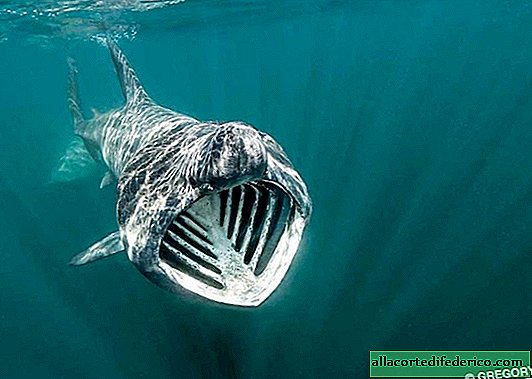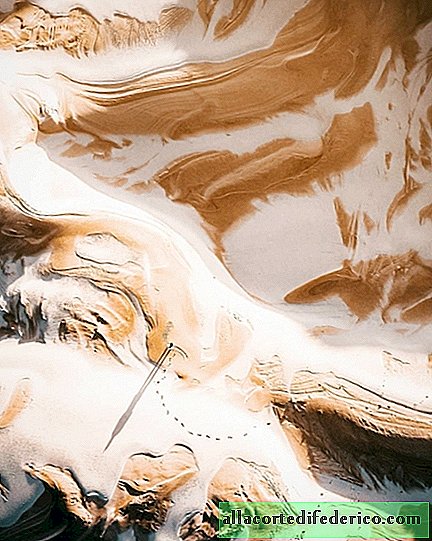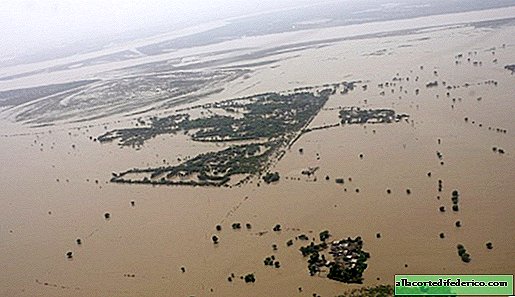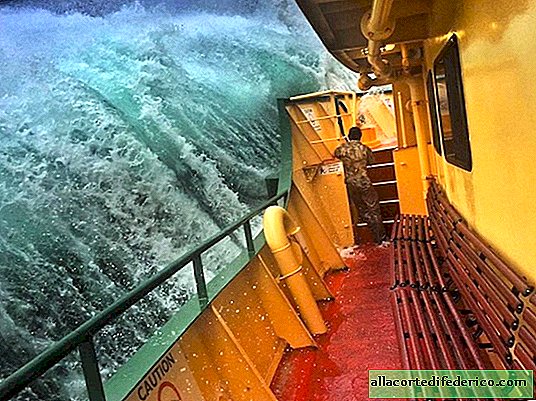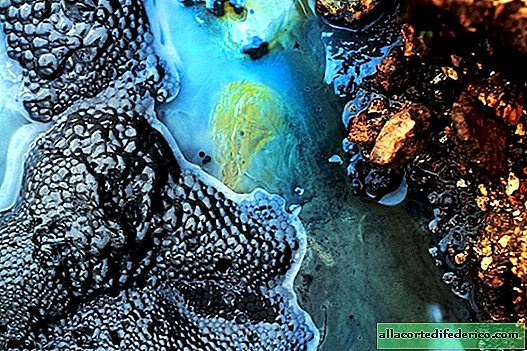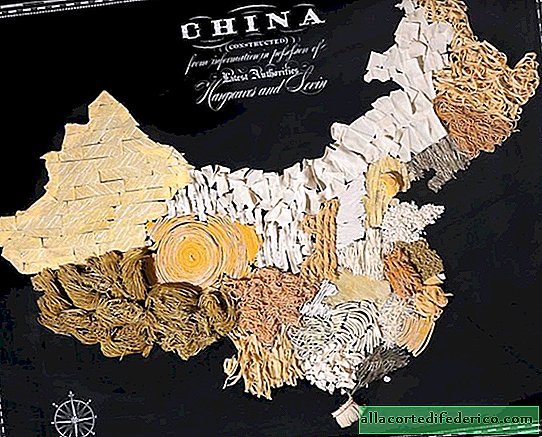Why shallow Caspian Sea
The Caspian Sea is named for its large size, but from a geographical point of view it is not a sea. This is the largest inland body of water on the planet, that is, the Caspian Sea - the largest lake on the planet.

But in recent years there has been a decrease in the area of the Caspian due to a drop in its level, and soon it may lose its title. Every year since 1996, there has been a decrease in the level of the reservoir by 6.7 centimeters. To the historical minimum, which was recorded in 1977, about 1 meter remains. The northern, Russian-Kazakh part of the lake, as the shallowest, is most affected by the level drop. The deltas of the Volga and the Urals also noticeably degrade, their shallowing occurs. A similar situation negatively affects the state of the Caspian: the salinity of the reservoir increases, the value of fish stocks decreases. The transport system of the region also suffers losses: water recedes from port cities. According to experts, if the current shallowing rate persists, by the end of the 21st century the northern part of the reservoir may become land. And the Volga, in all likelihood, will flow into a marshland.
The scientific teams of countries located on the shores of the sea, as well as international experts are trying to find out the cause of this negative process. Although the water level in the Caspian Sea is not falling for the first time. As it was found out, in the last 3 thousand years there have been regular fluctuations in sea level within 15 meters.
 On the graph: Caspian Sea level fluctuations in the last 170 years
On the graph: Caspian Sea level fluctuations in the last 170 yearsBut when analyzing the long-term changes in the lake level, scientists revealed discrepancies between the runoff and the water level in the lake. That is, during the years of full-flowing tributaries, the sea level fell, while with a decrease in runoff, it even increased slightly. In connection with this, another hypothesis of a change in the lake level was put forward - geological. Scientists have suggested that the lake level falls due to the movement of the earth's crust in the area of the reservoir. Shifts lead to an increase in the volume of the sea basin.

But whatever the reasons for the shallowing of the Caspian Sea, today the scientific world is busy developing measures to prevent this process. Various projects are proposed to transfer the runoff of the northern rivers of the Russian Plain, to build a canal that will connect the Sea of Azov and the Caspian Sea, and to construct a dam that will separate the streaming northern and deep-water southern parts. In the meantime, scientists, economists and politicians are choosing suitable options, the Caspian continues to grind. And such a situation could lead to the largest environmental disaster in the region in the foreseeable future.



